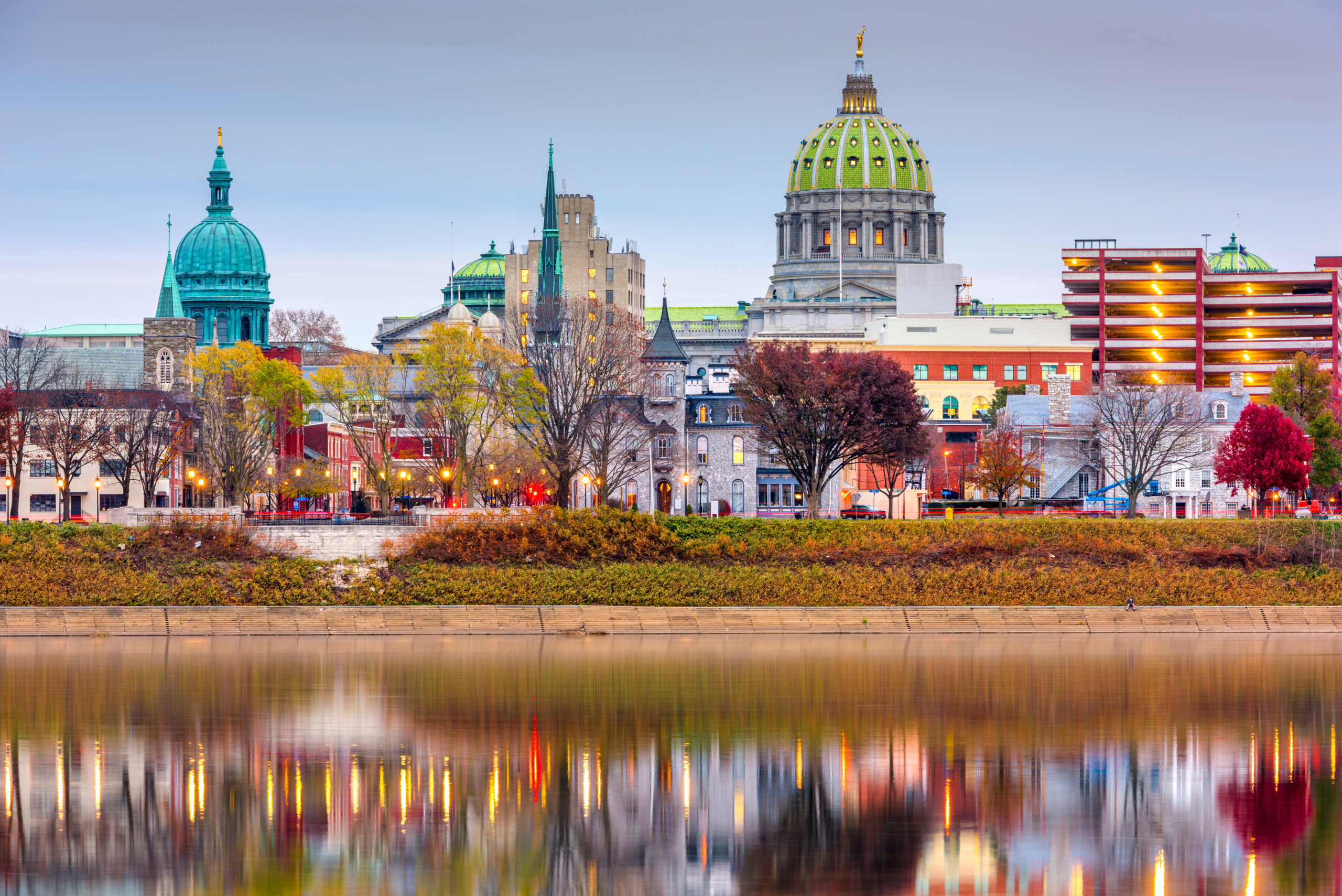The New Yorker: In Pennsylvania, Republicans Might Only Need to Stall to Win
By The New Yorker

In Pennsylvania, Republicans Might Only Need to Stall to Win
A political analyst warned, “Harrisburg in 2020 could be Tallahassee in 2000.”
October 29, 2020 | Eliza Griswold | The New Yorker
On September 10th, Kevin Boyle, a Democratic state representative in Pennsylvania, opened his e-mail to find an invitation to a Zoom call with several Democratic advocates and former politicians. They wanted to speak with him on behalf of Keep Our Republic, a nonpartisan civic-engagement group that formed this past summer, amid the pandemic, to investigate unconventional threats to the election. The call included high-powered figures such as Richard Gephardt, the former U.S. representative and Presidential candidate, and Tom Rogers, the founder of MSNBC and CNBC. Boyle, who is forty and has a thick beard, represents a working-class district in northeast Philadelphia. He wondered why they wanted to talk to him. “I’m not a big shot,” he told me recently. “I represent sixty-five thousand people.” In the state legislature, he is also the minority chair of the Republican-dominated House State Government Committee, which oversees, among other things, the governor’s emergency orders regarding the coronavirus pandemic, and all matters related to voting.
Boyle prepared for a perfunctory discussion of Pennsylvania’s election. When he joined the call, however, the tenor was more alarming. “It was defcon 5,” he said. The former politicians warned Boyle that the Trump campaign might try to hijack the 2020 election, and that this effort could hinge on his state. “Pennsylvania, like Wisconsin, North Carolina, and Michigan, isn’t only a battleground state,” Mark Medish, the co-founder of Keep Our Republic, told me recently. “Pennsylvania has a Democratic governor and a Republican legislature. This political division sets up a potential dispute over who, in a contested election, can appoint special electors.” In Pennsylvania, even if Democrats win the popular vote, Republicans could contest the results, arguing that various procedural aspects are illegitimate. Court cases regarding the election could end up before the Supreme Court, which will be filled with Trump appointees and likely to rule in his favor. But Republicans don’t even have to win; all they have to do is stall. If the vote is not certified by December 8th, the Republican-controlled legislature could appoint electors, who would likely cast their votes for Trump …
